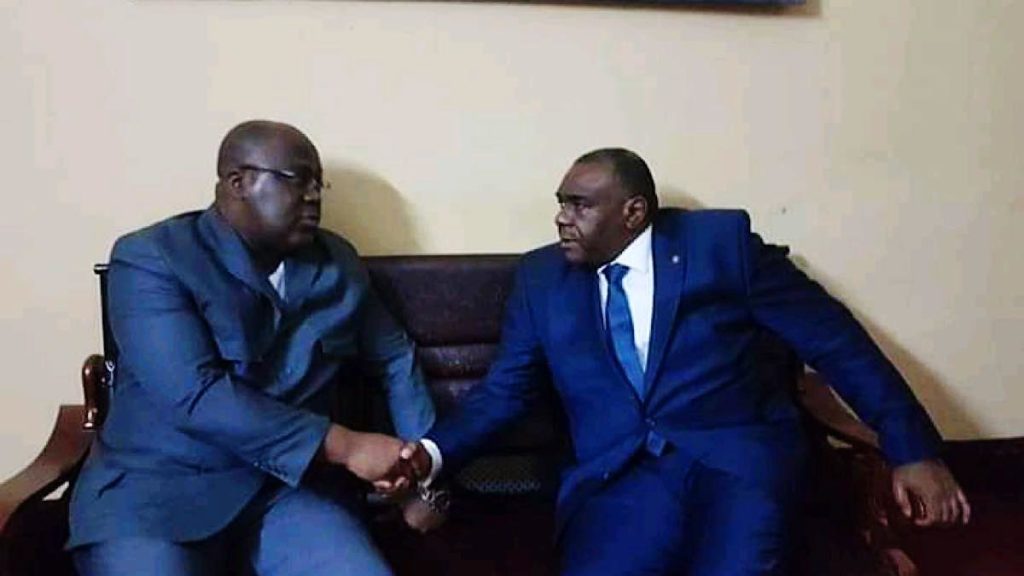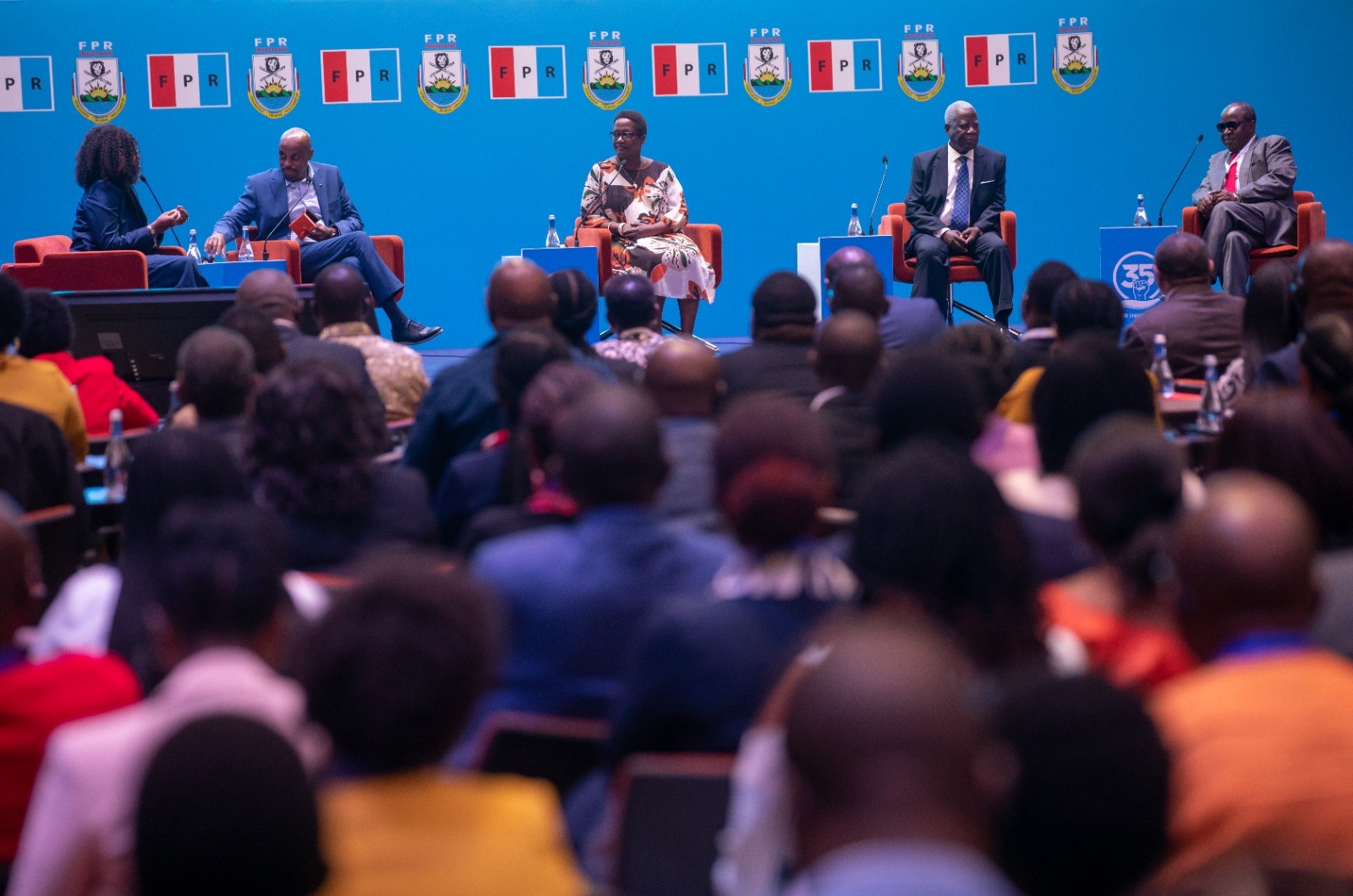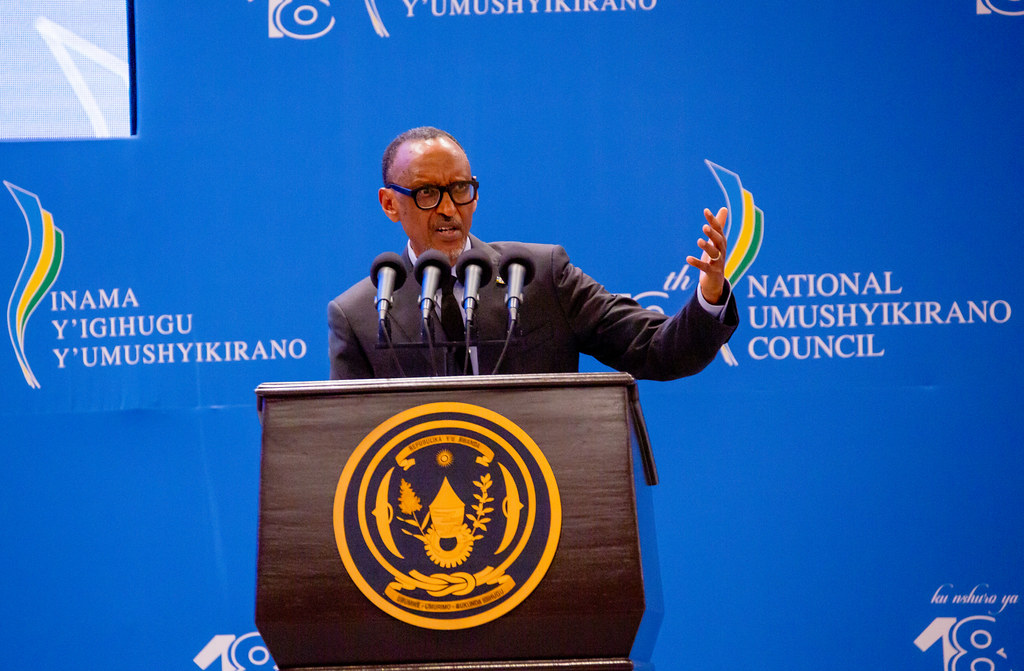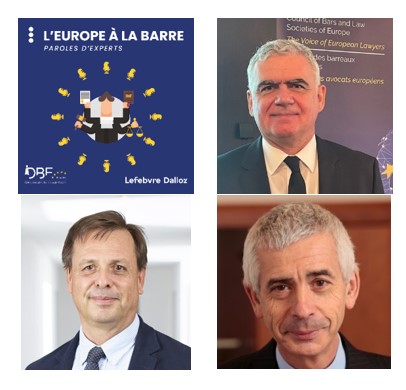Regional
DRC: Tshisekedi’s secret negotiations with M23, new marriage with Bemba

Around
late 2020 to early 2021, Congolese President Félix Tshisekedi arranged secret
negotiations with the M23 rebels. A rebel delegation went to Kinshasa, where
they spent 10 months in a hotel paid for by the government of DRC.
Tshisekedi tasked his former Deputy Prime
Minister and Minister of internal security Gilbert Kankonde Malamba to
negotiate the terms of M23 surrender without condition, their demobilization
and reintegration into the national army, FARDC.
The
M23 delegation was led by Lawrence Kanyuka, M23 political adviser and spokesman,
and Bosco Mberabagabo, alias Castro, the man in charge of security and
intelligence. During closed sessions, Congolese officials acknowledged that the
M23 are Congolese nationals and gave them assurance that their problems would be
solved.
The
M23 had 6,000
combatants who were to be demobilised. Others would be integrated into FARDC to
form a special brigade with FARDC and former MLC combatants under Jean Pierre
Bemba, now the new Defense Minister.
The
special brigade, according to reliable sources, would be mainly made of
Tshisekedi’s Luba tribesmen from Kasai.
The
task of the special brigade would be to fight negative forces in eastern DRC
and be the nucleus of the new army loyal to President Tshisekedi.
In a
letter signed by then Deputy Prime Minister Gilbert Kankonde Malamba, seen by The
Great Lakes Eye, it is clear that Tshisekedi initiated the negotiations.
He
was being regularly updated on the progress of the negotiations.
In
the letter, Kankonde states that he had established with M23 "a roadmap
whose agreed outcome is the complete surrender of nearly 6,000 M23
combatants". In order to effect the surrender, Kakonde asked Tshisekedi
for a nine-month extension of the roadmap and a budget of $1.3 million to cover
the logistical costs of demobilising and repatriating the M23 combatants.
By
the end of 2021, after almost a whole year in Kinshasa without a breakthrough
in negotiations, the M23 delegation left Kinshasa, very disappointed.
Tshisekedi
has been inconsistent in resolving the crisis in eastern DRC. After abandoning the option of absorbing M23
in the national army, he relied on senior military officers who served under
former president Mobutu Sese Seko to give him confidence that he will win the
war against M23.
At that
time, the Congolese army started attacking M23 positions. As FARDC embarrassingly
continued to suffer defeat on the frontline by M23, Tshisekedi then turned to the
MLC of Bemba as his last hope.
After
appointing MLC’s Lt Gen Constant Ndima as North Kivu Governor, Tshisekedi also
made MLC leader, Bemba, Defense Minister. Bemba has no military background or
skills to defeat M23.
The M23
rebels whom Tshisekedi brands as terrorists were part of his hope to form a
nucleus of soldiers loyal to him unlike the Congolese army he inherited.
The
Congolese army was mainly formed by his predecessor Joseph Kabila. The army is
largely loyal to Kabila and that has always been a problem for Tshisekedi.
The
fact that Tshisekedi tried to negotiate with M23, even though without success,
proves that M23 are genuine Congolese and not Rwandans. Tshisekedi knew they
were not terrorists when he engaged them.
Tshisekedi’s
tendency to scapegoat Rwanda only serves to divert attention from his failures,
hence postponing finding a solution to the DRC crisis.
The
hate speech against Congolese Rwandophones further divides the country by
deepening the hatred and mistrust among Congolese communities. Tshisekedi
should listen to M23 grievances and accept to implement existing mechanisms
meant to bring about lasting peace in DRC.







